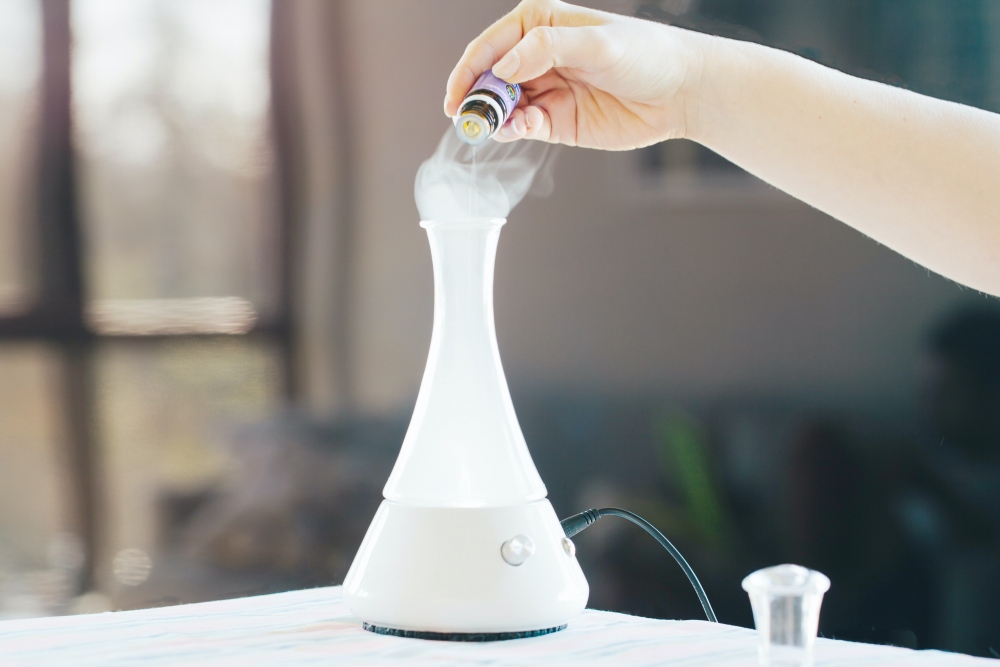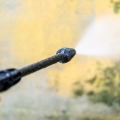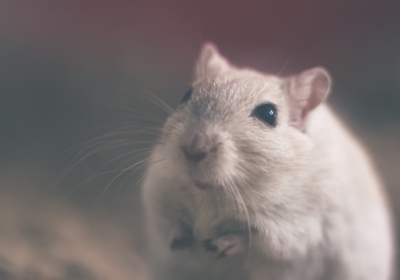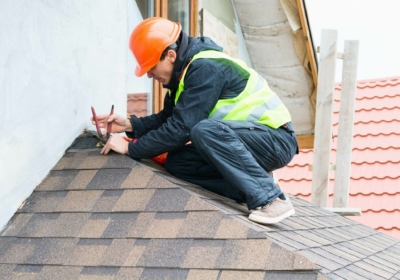If store shelves are any indication, people are taking warnings to boost hygiene measures while the coronavirus pandemic continues. Products like hand sanitizer and disinfectant wipes remain in short supply, and it isn’t a picnic trying to find spray-on products to battle bugs, either.
If you’re upping your cleaning quotient, have you checked your indoor air? The quality or lack of it can impact your susceptibility to various germs, not only COVID-19. Even unnoticeable contaminants can affect your immune function and make you more prone to get sick if you are infected.
Why You Should Care About Your Air
Hygiene of all kinds matters with this disease because you don’t know who is infected and who isn’t. A recent survey of quarantined cruise ship passengers discovered that more than 80% remained asymptomatic, meaning they never felt sick. In many cases, symptoms are mild when they do appear — but they can turn deadly without any seeming rhyme or reason. People with pre-existing health conditions run a more substantial risk, but even healthy young people have succumbed to this virus.
Your indoor air quality matters for two reasons. First, World Health Organization officials confirmed that the virus could go airborne, with factors like heat and humidity impacting the spread. If someone in your household gets sick, filthy air can increase the risk of other household members contracting it. Second, other lung infections can spread in squalid conditions, lowering your immune response, and making you more susceptible to disease.
What Are Frequent Indoor Air Contaminants?
If you keep your home clean, how does the air get so dirty? Some factors you exert more control over than others — but you can address them all.
1. Mold and Fungus
Mold often flourishes in your bathroom or kitchen, but it can arise anywhere. A leaky roof can lead to it growing in your walls. Black mold is problematic, causing symptoms like coughing and wheezing — which you may mistake for a COVID-19 infection. Inspect for areas of growth and wear protective gear when removing it.
2. Bacteria and Viruses
These critters can move through your HVAC system and blow around your house. If you live with someone who is infected, theoretically, the virus could travel elsewhere even if they stay quarantined in one room.
3. Pet Dander
You love your kitty and pup, but their dander can get stuck in ventilation systems and linger in carpets. Shampoo your rugs and change your HVAC filter regularly.
4. Cigarette Smoke
If you smoke, take advantage of free resources to help you quit. Secondhand smoke is dangerous to your loved ones, and it doesn’t make your home smell attractive, either.
5. Scented Candles
You burn these to freshen your air, but paraffin models can release toxins like toluene into the air. Stick to an aromatherapy diffuser with a few drops of essential oil for fragrance.
6. Dust and Allergens
Even if you clean religiously, dust and pollen blow in from outdoors through window screens and open doors. While these aren’t dangerous to most, they can aggravate asthma and other chronic lung conditions. They can also keep you up awake sneezing at night, which lowers immune function. Keep windows closed if you are vulnerable.
Keep Your Indoor Air Clean in the Age of COVID-19
To protect your family in the age of coronavirus, you need to maintain a clean home. Doing so includes your indoor air, so use the tips above to freshen up today.







Recent Comments